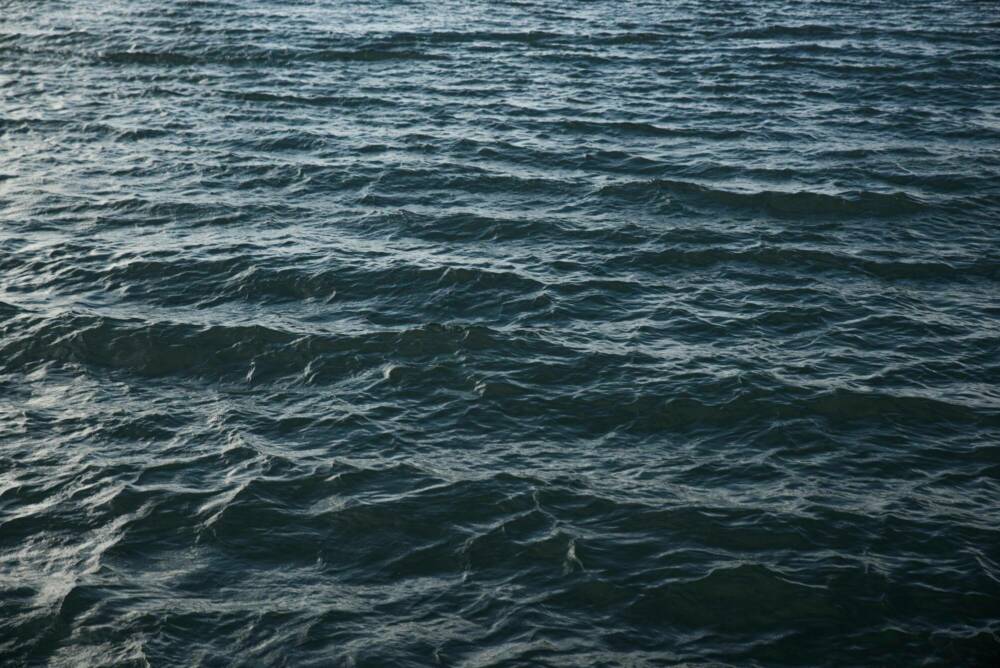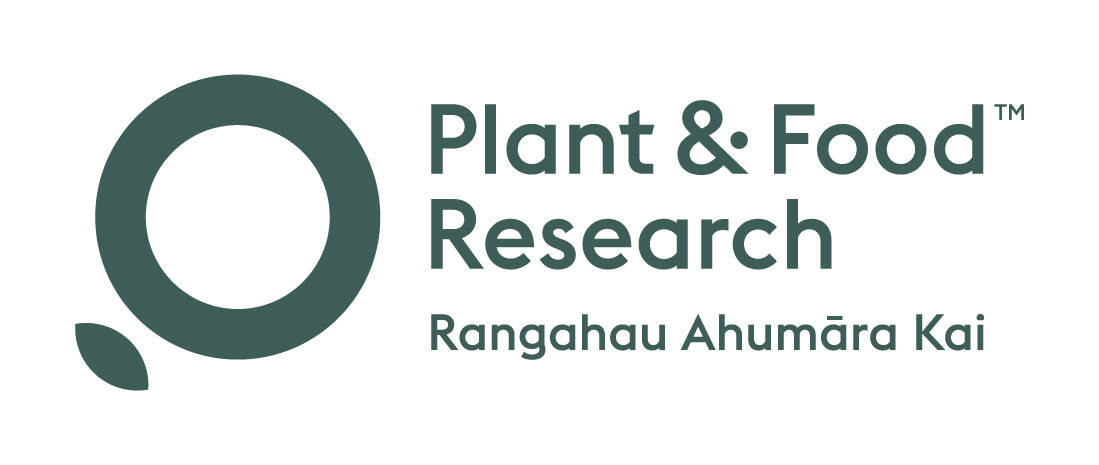Open ocean aquaculture / Ngā Tai Hōhonu
This multi-funded, multi-year programme is exploring major science and technology challenges to support open ocean aquaculture and deliver tangible benefits – like jobs and business opportunities - for all New Zealanders. Technology developments may also be used in other settings and systems, enabling expansion of the marine economy.

Background
If fish production remains static there will be a massive shortfall in meeting demand for seafood in the next few decades. Wild fish populations are under pressure and areas currently used for aquaculture may be affected by warming seas. Keeping seafood in our diets means we must find ways to grow fish sustainably in new locations and new ways.
Ngā Tai Hōhonu translates to The Deep Seas. It draws a connection between the physical depths of the oceans and the philosophical depth of innovation. Plant & Food Research is partnering with Māori, the traditional kaitiaki of Aotearoa New Zealand’s oceans, in this project.
Project details
This project examines the science and technology challenges of producing fish sustainably in ocean space. It builds on Plant & Food Research’s successes in fish-centric R&D, wild fish harvesting, and alternate production systems.
It is collaborative global effort that includes the Victoria University-led carbon aquaculture project.
The programme supports the New Zealand Government’s Aquaculture Strategy which aims to help create a $3 billion industry by 2035.
It is funded primarily through Plant & Food Research's Growing Futures™ investment strategy and the Ministry of Business, Innovation & Employment (MBIE) Endeavour Fund programme "Reimagining Aquaculture".
What they hope to achieve
Plant & Food Research wants to identify the potential for technology-based solutions.
This includes "Reimagining Aquaculture" and technologies which contain everything fish need to be healthy and thrive. They’re also researching technology that can operate autonomously in the ocean.
They want to identify the potential for aquaculture with taonga species and optimum approaches for monitoring fish, feeding and cleaning.
The programme will also look at how systems to grow other marine species – like seaweeds and shellfish – can be created.
Resource


